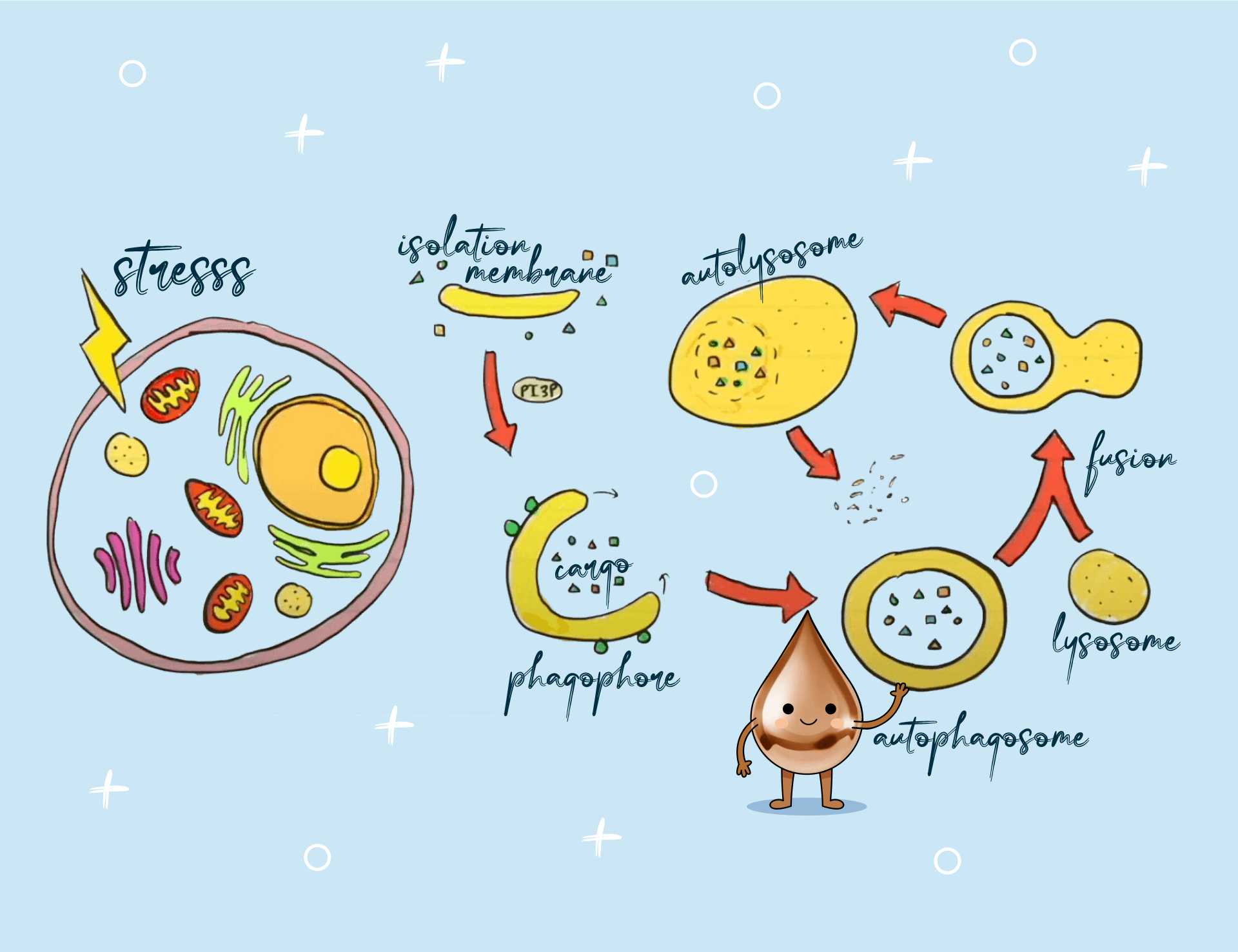The list of diseases and symptoms associated with copper deficiency has expanded quite illustratively over the years.
Recommended article: Why Take Copper? – Symptoms of Copper Deficiency
Copper is part of the electron transport chain and, as such, is an important player in the human energy supply. Its deficiency can play a role in virtually any pathological or bothersome symptom.
But what are the tangible symptoms where copper deficiency can actually be detected?
Chronic Fatigue as a Symptom of Copper Deficiency
Since copper is an essential element of mitochondrial energy metabolism (complex IV), copper deficiency primarily manifests as fatigue, a common characteristic of the Western population.
The symptom typically presents as a chronic, persistent, deep-seated fatigue, hence it should not be confused with the slight grogginess experienced after a night of insufficient sleep.
Caffeine and Fatigue
The phenomenon is further exacerbated by the fact that the modern antidote to fatigue, caffeine and other stimulants induces an unnatural stress response in the body, leading to further use and depletion of copper.
It is part of our evolutionary heritage to want to replace the energy instinctively lost due to lack of sleep with food, so chronically tired people tend to reach for higher calorie-dense foods.
While this makes sense regarding energy balance, the processed nature of these foods and high fructose intake emerge as additional antagonistic factors in copper metabolism.
Sleep and Copper Deficiency
In addition to the above-mentioned, copper plays a role in the modulation of sleep-wake cycles and the synthesis of norepinephrine. Therefore, a lack of copper further weakens this axis through insufficient restorative sleep and under-stimulated waking hours.
Chronic exhaustion among competitive athletes is a recognized phenomenon and can logically be attributed to intense physical strain. However, it has also been linked to the body’s mineral balance, as long-term physical exertion decreases copper, zinc, and magnesium levels.
Blood Formation and Copper Deficiency
Copper is an indispensable player in blood formation and iron metabolism. Often, what is diagnosed as iron-deficient anaemia may actually be an underlying copper deficiency, one of the accompanying symptoms of constant fatigue.
Thyroid and Copper Deficiency
The levels of thyroid hormones are indirectly related to serum copper levels. As the thyroid is a key player in metabolism and energy management, its function inevitably imprints on fatigue. Those suffering from hypothyroidism could share the most about this experience.
White Blood Cells and Copper Deficiency
Copper is essential for the formation of certain white blood cells. Suppose WBCs are present in reduced quantities or with decreased activity. In that case, the body will turn to other resources to deal with pathogens-induced attacks.
Since the immune system is one of the most energy-demanding systems, its impaired function burdens the fatigue axis. A prime example is the increased need for sleep and reduced activity during illness.
Conclusion
Copper deficiency is, indirectly or directly, causally and consequentially related to chronic fatigue.
The relationship is so multifaceted and illustrative that independent researcher Morley Robbins dedicated an entire book to “Cu-re your fatigue.” The solution is hidden in the volume’s title, as the first two letters of the word CURE correspond to the chemical symbol for copper in the periodic table.





